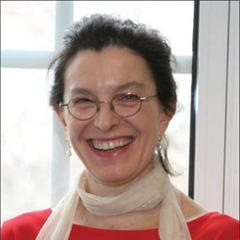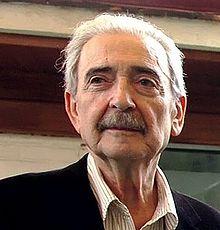John Dryden Quotes - Page 19

Charles-Alphonse Dufresnoy, Sir Joshua Reynolds, John Dryden, Alexander Pope (1783). “The art of painting of Charles Alphonse Du Fresnoy”, p.166
John Dryden, C. B., Esquire Charles BATHURST (1852). “Selections from the poetry of Dryden, including his plays and translations. [The editor's preface signed: C. B., i.e. Charles Bathurst.]”, p.191
John Dryden, Paul Hammond, David Hopkins (2007). “Dryden: Selected Poems”, p.300, Pearson Education
A brave man scorns to quarrel once a day; Like Hectors in at every petty fray.
John Dryden (2014). “All for Love”, p.43, Bloomsbury Publishing
Prodigious actions may as well be done, by weaver's issue, as the prince's son.
John Dryden, “Absalom And Achitophel”
John Dryden (1854). “Poetical Works”, p.13
'A Song for St Cecilia's Day' (1687) 'Grand Chorus'
Tis Fate that flings the dice, And as she flings Of kings makes peasants, And of peasants kings.
Works Volume XV, 1821 Edition (p. 103)
Damn'd neuters, in their middle way of steering, Are neither fish, nor flesh, nor good red herring.
John Dryden (1755). “The Duke of Guise. A tragedy. Acted by their Majesties Servants. Written by Mr. Dryden, and Mr. Lee”, p.267
John Dryden (1854). “Poetical Works”, p.143
Pleasure never comes sincere to man; but lent by heaven upon hard usury.
John Dryden (1808). “The Works of John Dryden: Now First Collected in Eighteen Volumes. Illustrated with Notes, Historical, Critical, and Explanatory, and a Life of the Author”, p.144
John Dryden, Joseph Warton, John Warton (1856). “The Poetical Works of John Dryden, Containing the Original Poems, Tales, and Translations”, p.284
John Dryden (1800). “The Critical and Miscellaneous Prose Works of John Dryden: Now First Collected: with Notes and Illustrations; an Acount of the Life and Writing of the Author, Grounded on Original and Authentick Documents; and a Collection of His Letters, the Greater Part of which Has Never Before Been Published”, p.323
'The Medal' (1682) l. 207
William Whitehead, Mr. John Crown, Mr. John Dryden, Nicholas Rowe (1720). “A Select Collection of the Best Modern English Plays: Vol. IV.”, p.37
John Dryden (1866). “Poetical Works: With a Memoir”, p.186
Having mourned your sin, for outward Eden lost, find paradise within.
John Dryden (2013). “Delphi Complete Works of John Dryden (Illustrated)”, p.2848, Delphi Classics
John Dryden (2002). “Selected Poems”, p.62, Courier Corporation
'The Hind and the Panther' (1687) pt. 2, l. 285






